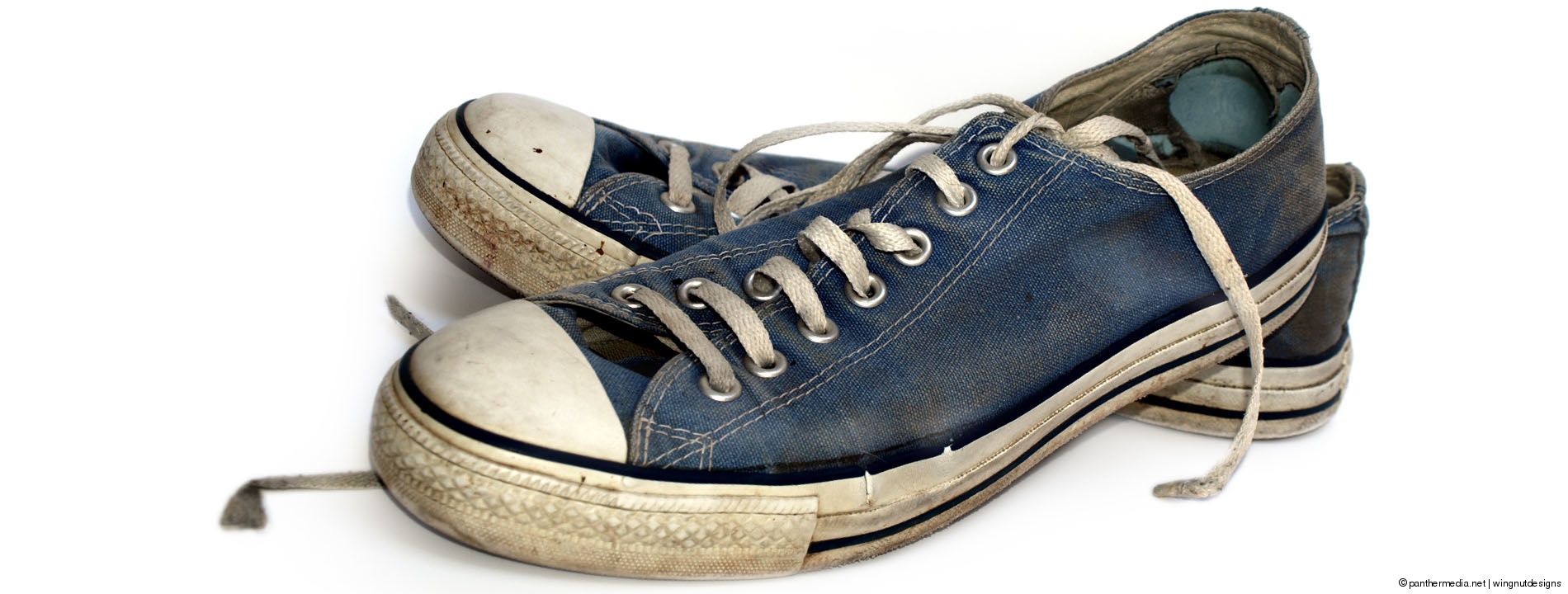- Improve study conditions: One of the tasks and aspirations of our university is to design the study conditions in such a way that the learning objectives can be reached. To achieve this, we need to know what is already going well and what we should improve. For example, this includes:
- Services to support students
- Organizational matters of the studies
- Social interaction at the university
- Quality of teaching in general
- …
- Comparison with other universities: It can be very helpful to compare oneself with others - are the ratings of our students above or below average? Are our students more diverse compared to other universities? Do they study under different conditions?
- Additional information to other indicators: Today, universities are assessed by a number of indicators. We have information on how many students begin their studies at our university, how many actually graduate, how long it takes them, how many quit their studies, how many have completed an Erasmus semester and so on. But these figures say little if – as an example – we don't know how many students are employed or have family obligations (childcare, care) in addition to their studies.
- A summary of the results will be posted on the internet. It can be found on the webpage on figures, data and facts. Here, the main results from all sections of the survey will be presented.
- The main results of the survey will be presented in the authoritative boards (steering committee, senate, faculty councils) to identify opportunities for further development.
- The data will be used within the framework of quality management, for example at the Round Tables of Programme Development and in the context of (re)accreditation of our study programmes.
- The individual departments and specialist units are provided with summarized data relating to their respective areas. Should they require further information for certain purposes, e.g. for the conception of new offers for certain target groups, the Department of QEP/EvaS will provide special reports.
- Diversity data report: As part of the diversity audit, it was decided that a regular data report will be prepared. The results of the student survey will also be integrated into this report. This report will serve as a basis for the activities of the newly created Diversity Unit at the university.
- Further evaluations: If there is sufficient response rate, a series of in-depth analyses can be carried out. This is a task of the Department of QEP.
- For the survey, we use the electronic system EvaSys by the company Electric Paper. The students receive the TANs by e-mail directly from the system. The survey is stored in the administrator area of EvaSys. Access to the database is only granted to two authorized university employees.
- An evaluation will not be carried out, if the data was provided by less than five persons (5 persons in one cell of the table). All evaluations are always anonymous.
- All members of the university, who wish to further develop services, study programmes or teaching content within the scope of their tasks, are entitled to request anonymous evaluations. The necessity of evaluations is always discussed in consultation with the Department of QEP/EvaS with regard to the principle of data economy and the relevance of the data.

